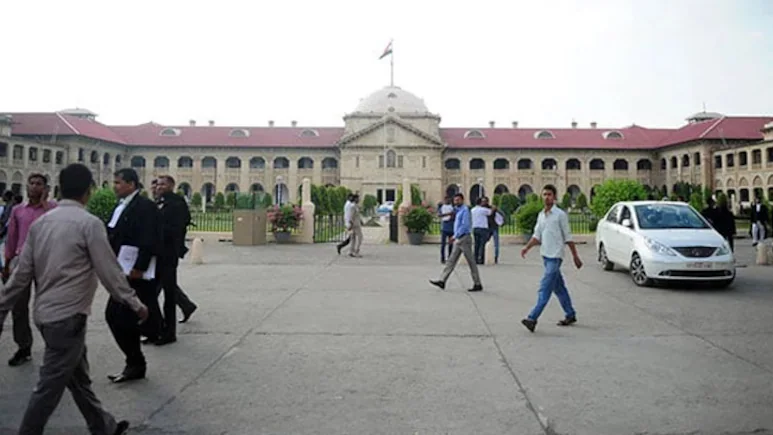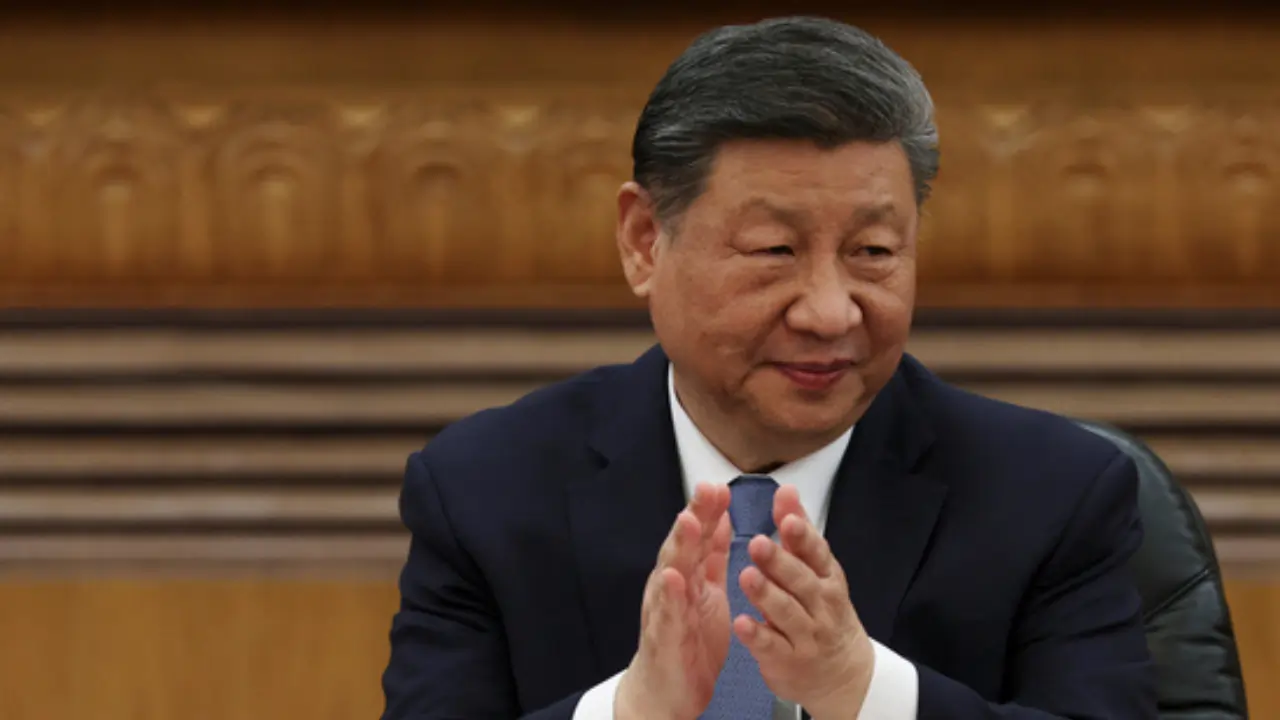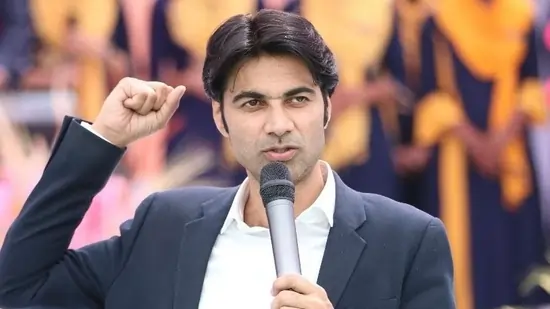The legal fraternity and officials in government have been involved in a raging tussle. This is over a recent pronouncement by the Allahabad High Court.
Shockingly, the court held that inflicting sexual acts by a husband upon his wife does not amount to rape in Indian law.
This decision has had widespread condemnation. Subsequently, including by a senior official in the government who thought the judgment was, “wrong.”
The case has sparked renewed dialogue about marital rape laws in India.
The Court’s Decision
The Allahabad High Court acquitted a man of forcing unnatural sexual acts upon his wife in the present case.
The court held that there are no provisions under the law making sexual acts against a spouse unlawful.
The ruling reiterated that there is no form of sexual violation related to a wife in India. Thus, giving little legal redress to victims in such situations.
Minister’s Response
In response to the court’s decision, a senior government minister rebuked the ruling publicly by declaring, “This is a wrong judgment.”
The minister conveyed their concern that the judgment diminishes women’s rights and dignity. He pointed out the significant need for legal reform. Consequently, in order to protect spouses from sexual violence while in marriage.
Legal Context on Marital Rape in India
Under Indian law today, marital rape is not a crime. Exception 2 to Section 375 of the Indian Penal Code (IPC) states unequivocally that sexual intercourse by a man with his own wife, who is not under 18 years of age, is not rape.
This position has been the subject of debate for decades with activists and legal experts. Furthermore, calling for repeal of that position, in favor of women’s rights in marriage.
Historical Context & Earlier Judgements
The debate about marital rape is not new. Last month there was a significant ruling from the Chhattisgarh High Court. Resulting in which held that unnatural sex between a man and his adult wife is not punishable.
The case involved a man whose wife died in the hospital after the unnatural sex. Despite the fact that doctor reported peritonitis was also present. Secondly, the fact that rectal perforation occurred during the unnatural sex.
Regardless, the court upheld the view that marital rape is not a crime in India. In addition, it excluded unnatural sex from the ambit of punishment as well.
Civil Outrage and Activism
The recent judicial decision has led to widespread civil outrage as women’s rights groups.
Activists organized protests and campaigns calling for legislative reform. Social media circles are filled with posts condemning the judiciary for maintaining patriarchal values. People also showed little regard for women’s rights.
Hashtags like #CriminalizeMaritalRape and #JusticeForVictims are trending, reflecting the widespread desire for change.
Response of the Government & Potential Reform
In response to growing civil unrest, the government indicated a willingness to reconsider the legal framework around marital rape.
The minister’s public disagreement with the court’s decision suggests there may be discussions underway to amend the IPC to criminalize marital rape.
However, such reform is likely to be far too challenging. Due to the deeply entrenched norms of society, moral and traditional opposition from the far right, to say nothing of vast political underpinnings of conservatism.
The recent ruling from the Allahabad High Court has shifted the discourse around the issue of marital rape to the national stage.
The backlash from government officials, along with civil opposition, signals a pressing need for legislation reform to protect partners from violence within marriage.


